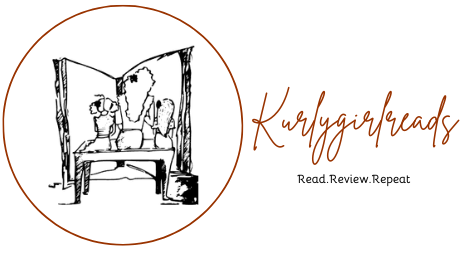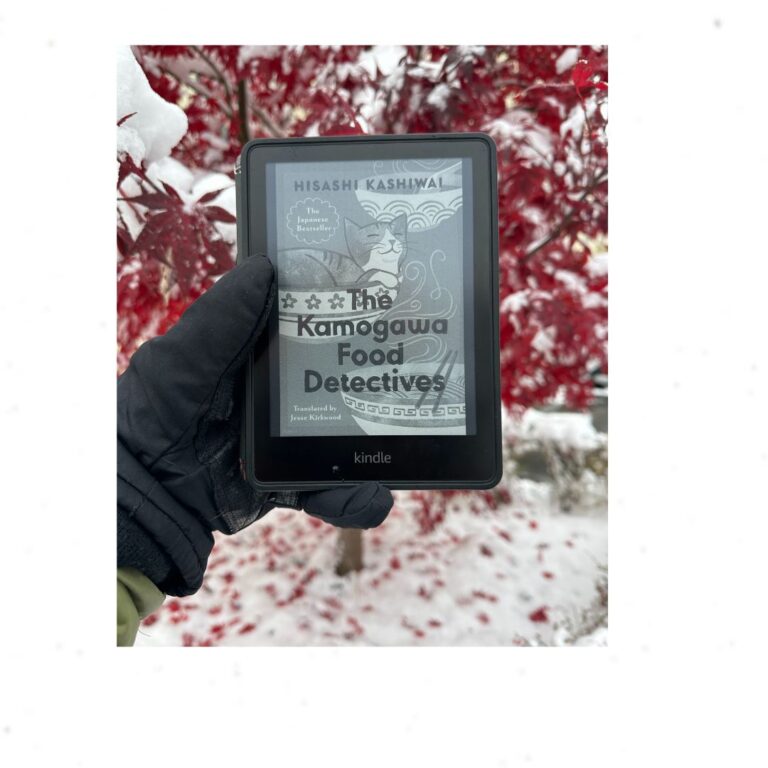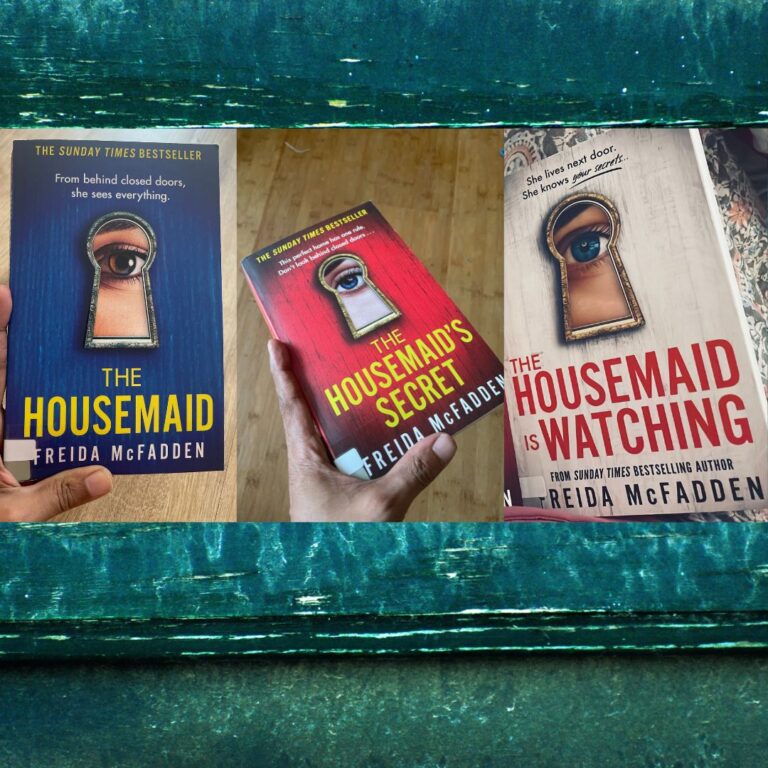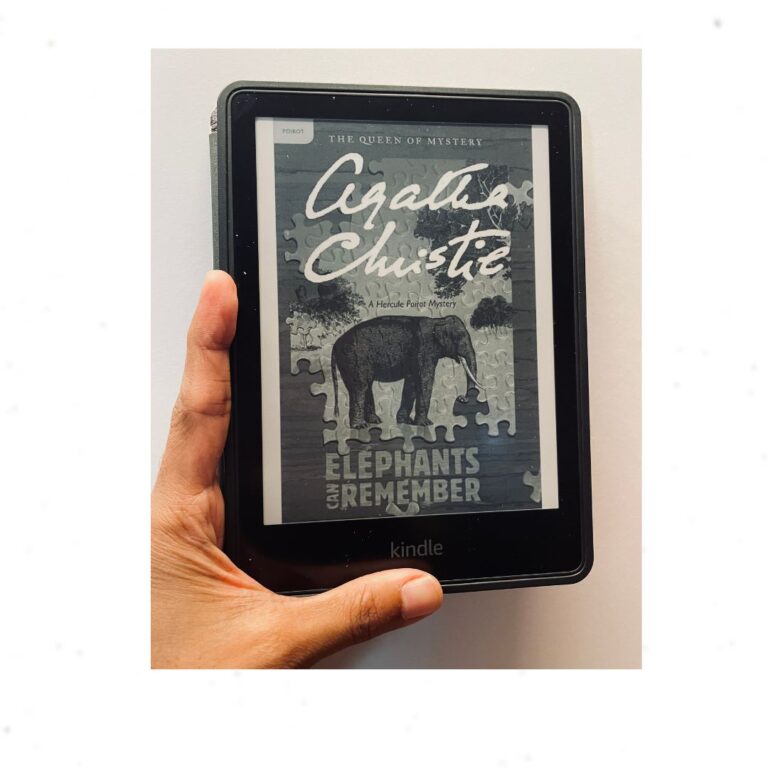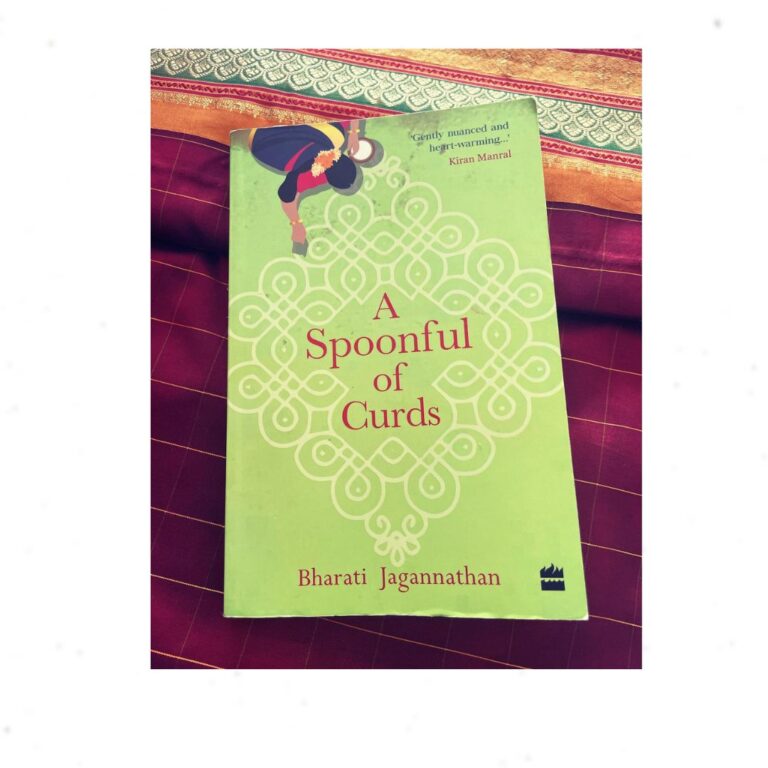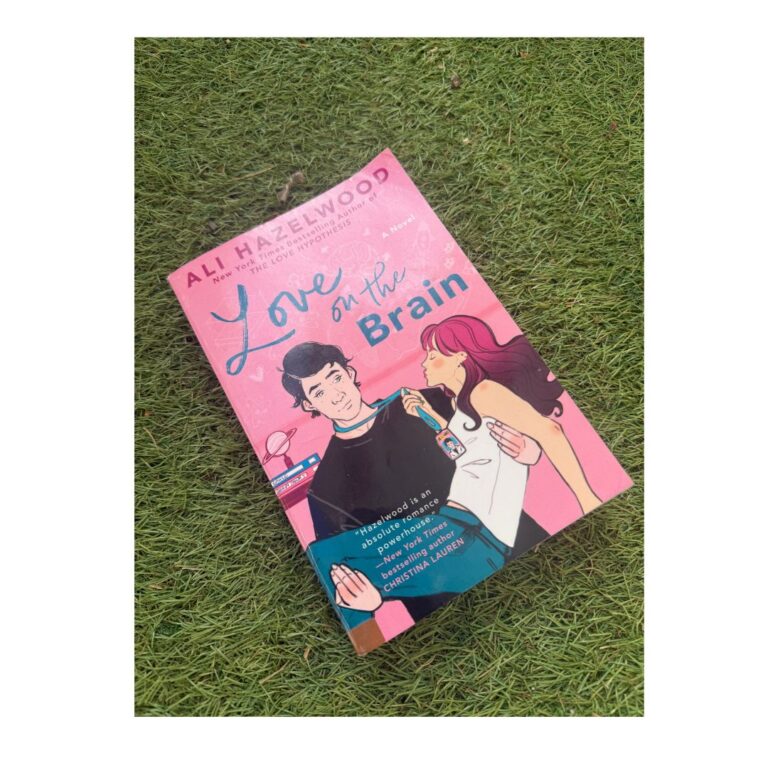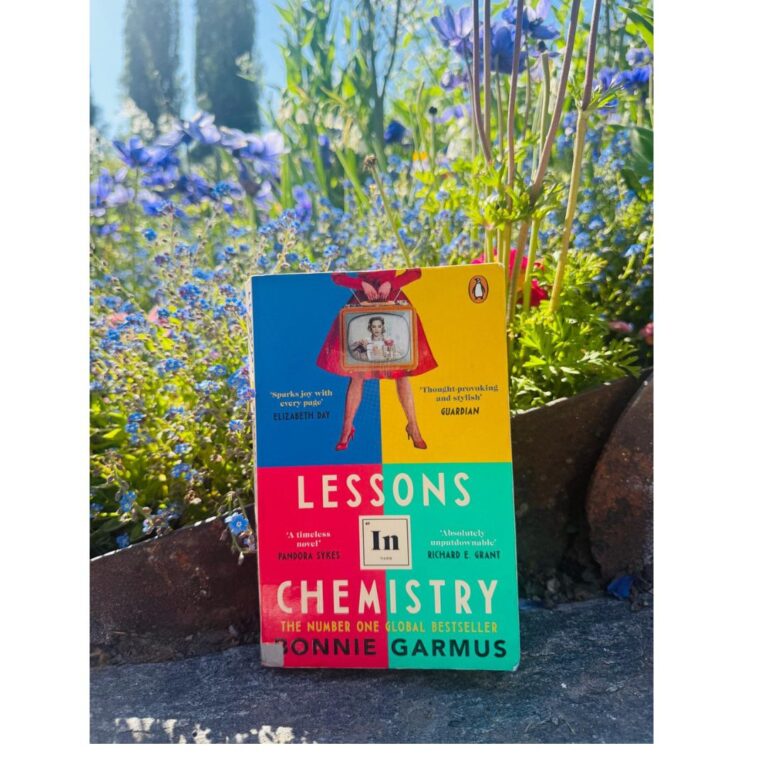If you’re looking for a historical fiction novel that immerses you in the pre- and post-independence era of India, Independence by Chitra Banerjee Divakaruni is a must-read.
Set between August 1946 and February 1948, the story explores the lives of two families—the Gangulys and the Chowdhurys—during a time of monumental change in India. Against the backdrop of India’s struggle for independence and the painful partition, we follow the lives of three women—Priya, Deepa, and Jamini—whose paths take unexpected turns as they grapple with family, love, and their evolving roles in society. The heart of Independence lies in its portrayal of the strength, vulnerability, and complexity of women’s lives during a period of intense social and political upheaval. Priya, intelligent and determined to become a doctor, challenges the societal norms that tell her women can’t pursue a career in medicine. Deepa, beautiful and in search of a marriage that will elevate her family’s status, finds herself torn between family expectations and a forbidden love. Jamini, a devoted quiltmaker, struggles with feelings of inferiority compared to her more accomplished sisters while quietly harboring her desires. As these three women’s lives unfold, they navigate immense challenges—Priya pursuing her career despite societal barriers, Deepa falling in love with a Muslim man and facing rejection from her family, and Jamini holding the family together while secretly longing for Priya’s fiancé.
As the partition of India looms closer, societal changes, communal riots, and the loss of lives ripple across the nation. The Gangulys and the Chowdhurys find themselves caught in a whirlwind of change and fear, with deep bonds of friendship that transcend religious and political divides. The narrative powerfully captures the emotional toll of this turbulent time, showing how families, particularly women, were deeply affected by the partition.
My Take: What sets Independence apart is its vibrant, sensory-rich storytelling. Chitra Banerjee Divakaruni weaves in cultural elements that transport you to the heart of Calcutta during this era. From the intricate details of Kantha quilts to the nostalgic mentions of Nahoum Bakery and the soulful tunes of Rabindra Sangeet, the setting feels alive. And speaking of Kantha quilts, the way they’re woven into the story adds another layer of richness to the narrative. The quilts not only represent the craft and tradition of the women but also become a symbol of their resilience and emotional strength through difficult times. Additionally, the beautiful book cover design complements this theme perfectly, drawing you in with its intricate patterns and evocative colors. It’s one of those covers that makes you want to dive into the book before even reading a single word! The New Market area, with its bustling crowds and timeless charm, is brought vividly to life. Divakaruni also highlights key figures in India’s independence movement, bringing them to life through her narrative. The portrayal of Sarojini Naidu was particularly striking, and it stood out as one of the most memorable moments in the book.
A Book that Captures the Essence of India’s Freedom Struggle
I picked up Independence to set the mood for 15 August, and it did not disappoint. The emotional depth of the story, coupled with its historical significance, made it the perfect choice for reflecting on India’s freedom and the impact it had, especially on women. If you’re a fan of historical fiction that dives deep into cultural nuances and personal struggles during major historical events, Independence will resonate with you.
What’s Your #15August2023 Read?
Have you read Independence by Chitra Banerjee Divakaruni, or do you have another historical fiction recommendation? Let me know in the comments!
